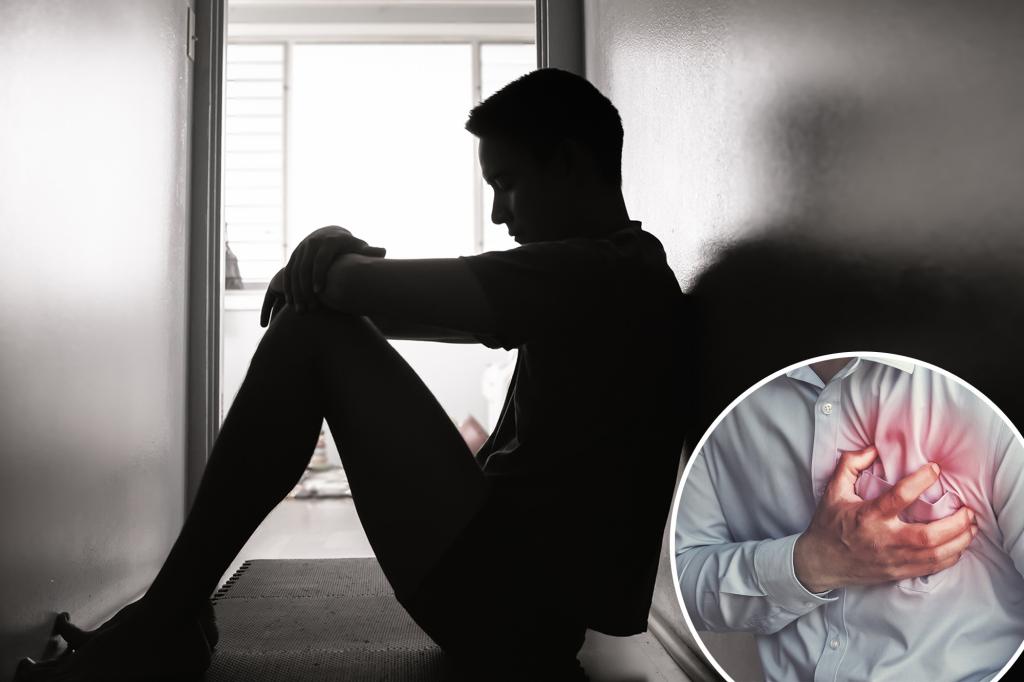“Don’t go breaking my heart.”
When a loved one passes on and your heart aches — there’s a name for that, and apparently, men are more likely to die from it.
The technical term for “broken heart syndrome” is takotsubo cardiomyopathy — and people are diagnosed with it when stress hormones like adrenaline prevent their hearts from properly contracting.
It’s a serious condition brought on by very stressful situations and extreme emotions that doctors don’t take lightly.
While women are known to more often suffer from the syndrome — men are the ones actually dying from it at more than twice the rate, according to a new study published in the Journal of the American Heart Association.
An interesting point the study made is that broken heart syndrome is “triggered by emotional stress, predominantly in women, or physical stress, predominantly in men.”
To come to this conclusion, researchers observed almost 2,000 patients older than 18-years-old diagnosed with the condition from 2016 to 2020.
The study found that the mortality rate of brokenhearted men was a staggering 11.2% compared to only 5.5% of the female patients.
Researchers reportedly concluded that those who died most likely suffered complications from the condition, like irregular heartbeat, cardiac arrest, congestive heart failure and stroke.
“Men may be more at risk for dying and having bad outcomes because they’re less susceptible to begin with,” Dr. Ilan Wittstein, a cardiologist at Johns Hopkins Medicine, told NBC News.
“So it takes a more dangerous trigger to precipitate the syndrome.”
It’s important to keep in mind that just because you’re feeling blue over something doesn’t necessarily mean you have the condition.
According to Wittstein, those with underlying health issues, especially relating to the heart — like high blood pressure or high cholesterol — are more susceptible to takotsubo cardiomyopathy.
And unfortunately, there isn’t any treatment or medication for it.
In certain situations, doctors will prescribe patients medicine used to treat other heart conditions, but that’s on a case-by-case basis.
When it comes down to it, experts advise people to seek medical attention if they’re feeling unusual chest pains or symptoms — and to manage stress levels, which can be challenging in this day and age.
“As we advance in age and take on more life and work responsibilities, we experience higher stress levels,” Dr. Susan Cheng told American Heart Association News.
“And with increasing digitization around every aspect of our lives, environmental stressors have also intensified.”
Aside from lowering stress levels, getting sufficient sleep is another way people can lower their risk of developing heart-related issues, according to another study.
“With this study, we have improved our understanding of what role the amount of sleep we get plays in cardiovascular health,” Cedernaes said.
“It’s important to point out that studies have also shown that physical exercise can offset at least some of the negative effects that poor sleep can cause,” he added. “But it’s also important to note that exercise cannot replace the essential functions of sleep.”
It’s recommended for adults to get seven to nine hours of sleep a night — so there’s another reason why you should put away your phone to get a good night’s snooze.
Read the full article here

